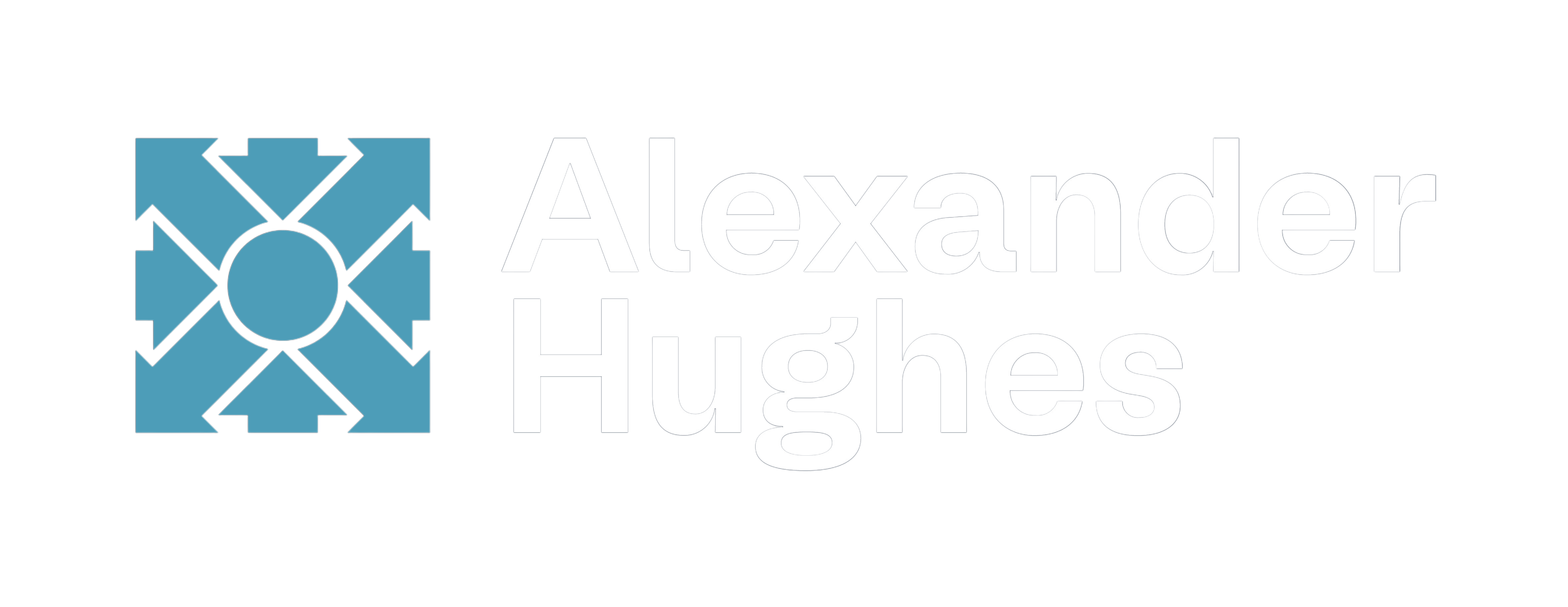The interview process for executive candidates is a high-stakes affair for US subsidiaries of European companies hiring in the US. With the cost of bad executive hires now at $240,000, identifying the wrong candidate could leave your business in a difficult position.
This is why the final interviews are such a pivotal time to confirm candidate fit. Knowing the right questions to ask up-front is an excellent way to make a strategic decision.
“Do not end your final executive interviews without fully understanding the candidate before you,” says Myriam Le Cannellier, Executive Director of DSML Executive Search, an Alexander Hughes company. “Getting it right requires you to ask the right questions, then translate these answers into decision-making collateral for your business.”
Asking the right questions during the final interviews can help you make an informed hiring decision. There are four major types of questions you should ask at the C-Suite level: catalyst, communication, challenges, and curiosity.
Catalyst: Why Join the Company?
Why is the candidate motivated to join your subsidiary? For what reasons are they interested in this specific executive position?
These are just a few common catalyst questions to consider.
Understanding the motivation of your candidate is imperative, as it may provide information about their intent to remain at your company (and what is important for them). With the average C-Suite executive staying five years in one role, you want to ensure the longest possible relationship with the highest-qualified candidate.
You may want to ask questions like:
- “What would be a deal breaker?”
- “What excites you about this position?”
- “What are your most important values?”
- “What do you think you can get from our company that you can’t find anywhere else?”
Communication: Is There a Fit with Your Culture?
For European companies expanding to the US, cultural differences are one of the biggest obstacles in recruiting. You need a candidate who won’t create a culture clash. You also need to confirm their commitment to working within your time zone — even as a remote worker.
Remote work is not always a possibility for the subsidiaries of European companies, although in the US, you should be clear about these expectations. You should also ask questions about the candidate’s understanding of your beliefs, including your cultural values and company mission.
You could ask questions such as:
- “Are you willing to relocate? If not, are you willing to work within our hours?”
- “How much do you know about the culture of our home country?”
- “What is your experience reporting to someone outside of the US?”
- “Have you ever lived outside the US?”
- “Do you speak another language?”
Challenges: What Does the Candidate Expect to Face?
An executive candidate may have a misaligned idea of their potential C-suite role. Since 48% of US hires are likely to quit if their position doesn’t meet expectations, It’s best to eliminate any nasty surprises by asking pointed questions to assess their true interest.
First, you should write a comprehensive job description with US terms and phrasings. Then, you should use the questions below to assess the candidate’s understanding.
For example:
- “What challenges do you expect in this role?”
- “What’s a tough lesson you’ve learned that’s shaped you as an executive?”
- “How do you manage or deal with change? Give an example from a previous role.”
- “Tell me about your biggest ‘failure’ as an executive. What did you learn from it?”
- “Have you accomplished something you thought was ‘impossible’ before? If so, what was it? How did you accomplish it?”
Curiosity: What Do They Expect to Learn?
The best C-Suite candidates bring curiosity to your business, and identifying this potential could be a powerful tool for decision-making. Nearly three in four talent managers say it’s a very valuable trait — executives described as ‘curious’ are more productive than their peers.
You will get a good sense of innate curiosity through the questions your candidate asks. However, you can also ask questions such as:
- “What was the last thing you did to improve yourself?”
- “When was the last time you were outside of your comfort zone? What was the situation and how did you handle it?”
- “What is one thing that differentiates you from other candidates?”
- “Were you expecting a question I didn’t ask today? If so, what was it? And how would you answer?”
The Importance of Human Capital Assessments
A successful set of final interviews with executive candidates requires thoughtful questions and carefully crafted wording. But questions alone are not enough to make an informed decision — you need to perform a final assessment with the discerning eye of a headhunter.
Human capital assessments can validate your selection by evaluating their potential and supporting the decision-making process. It can also help uncover potential weaknesses when candidates are under stress. By combining thorough interviews, assessments and references, you can avoid the possibility of bad hires and costly mistakes.
DSML Executive Search, an Alexander Hughes company, offers executive recruitment services and Human Capital Assessment services for European subsidiaries expanding to the US. Our CEO executive search firm in Chicago serves multiple industries with cross-cultural proficiency, which allows us to secure an excellent fit for a variety of C-Suite positions. You’re welcome to learn more about C-Suite recruitment or human capital assessments by calling +1 312 268 6166.

